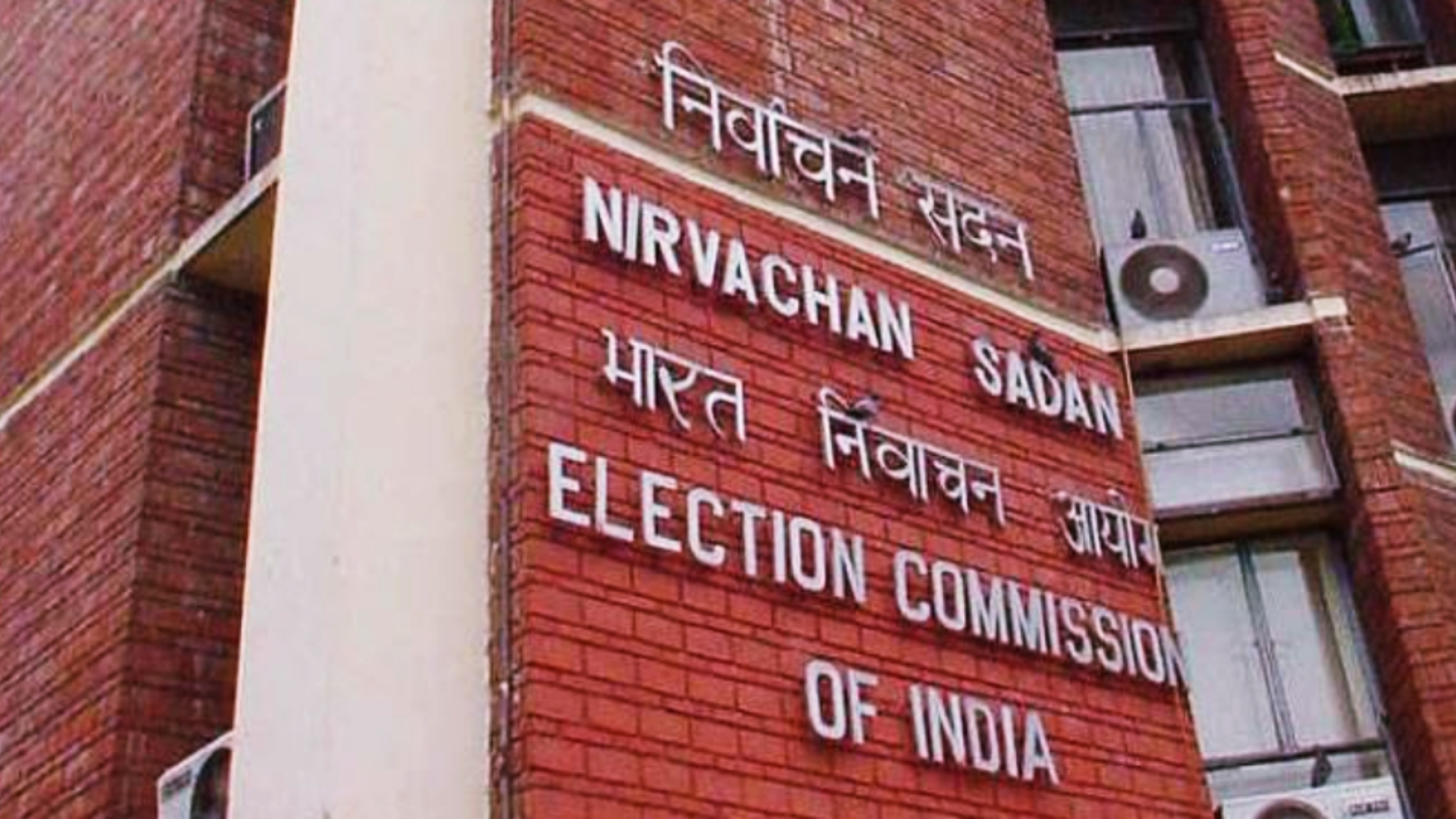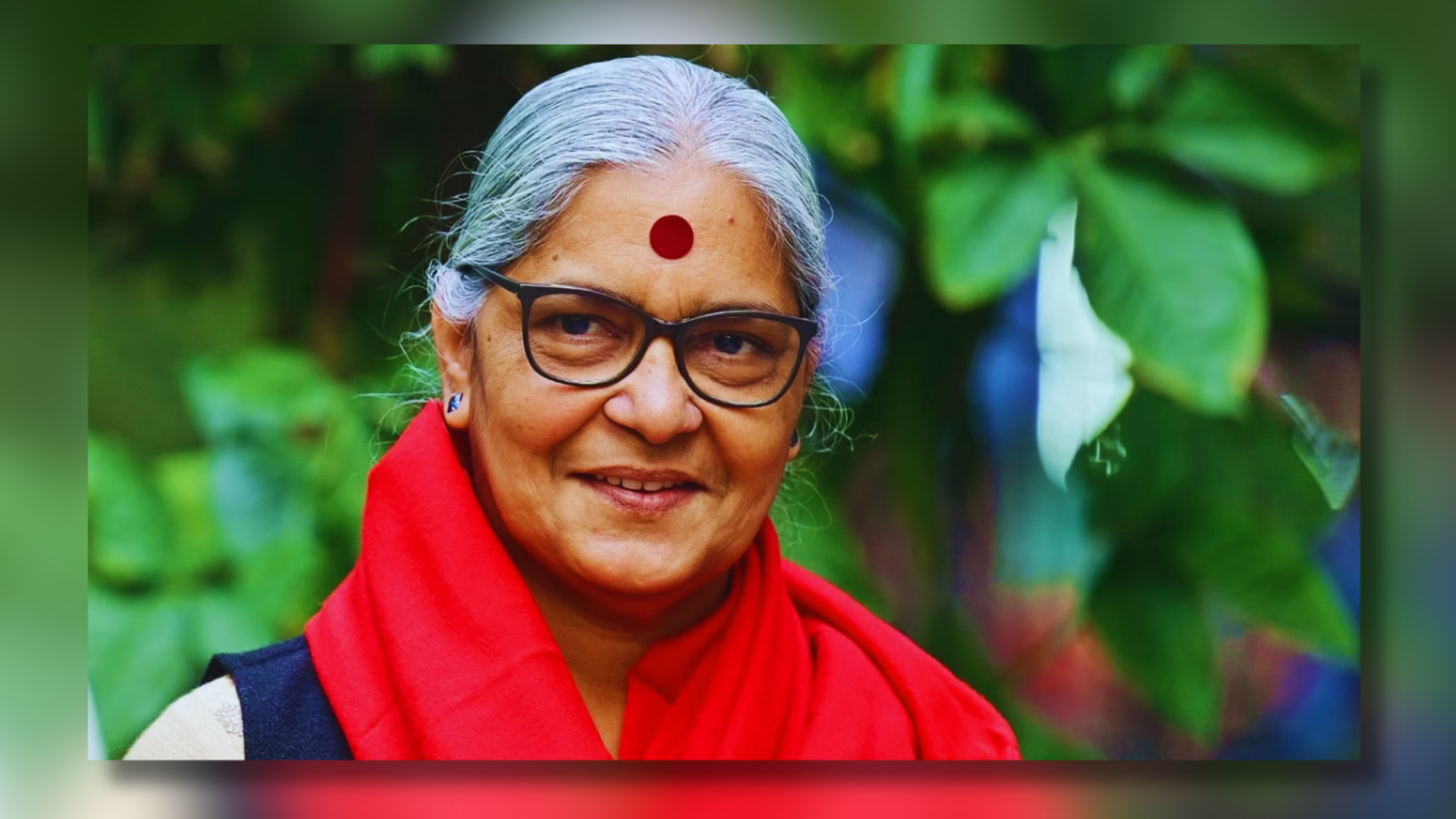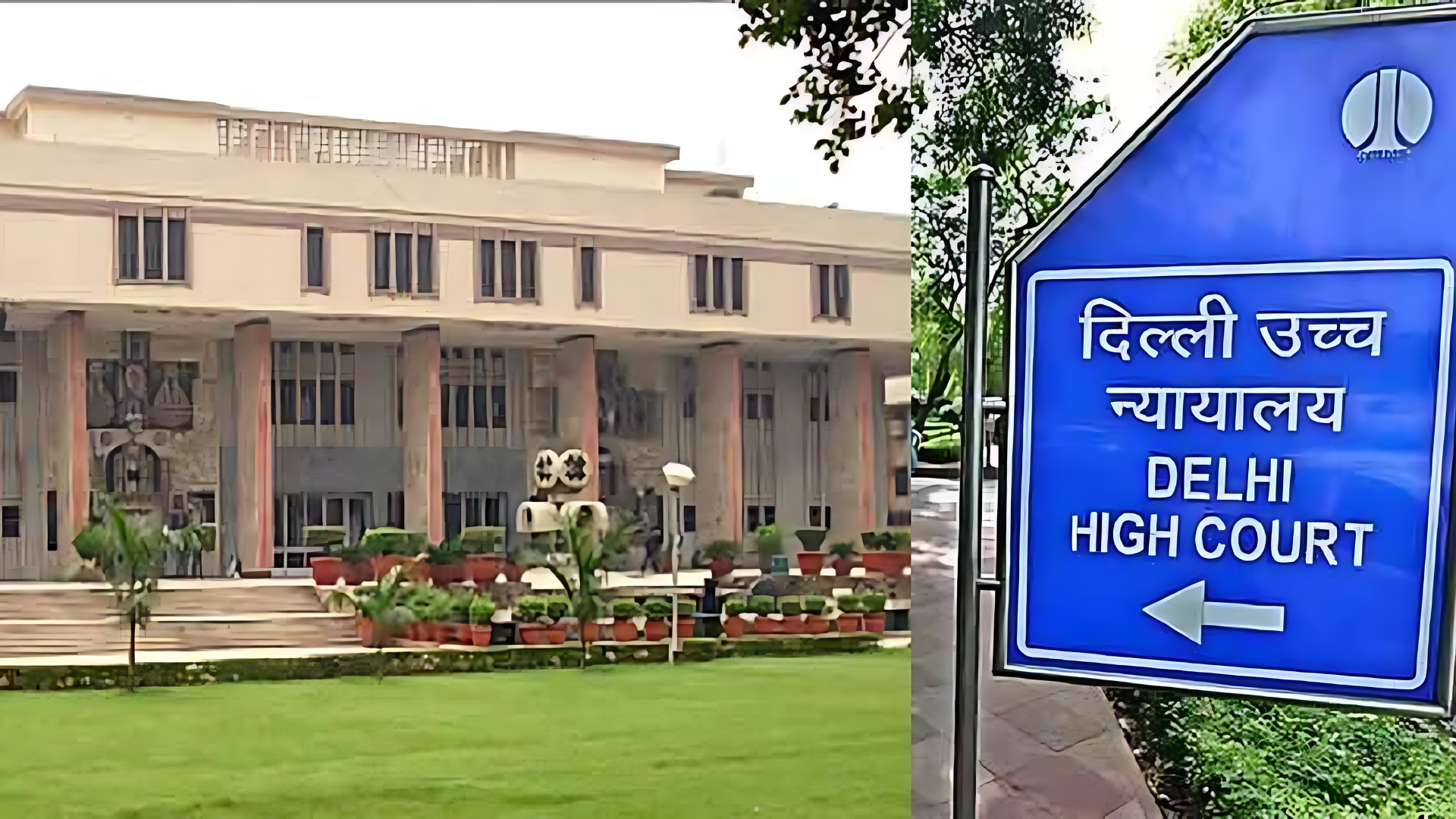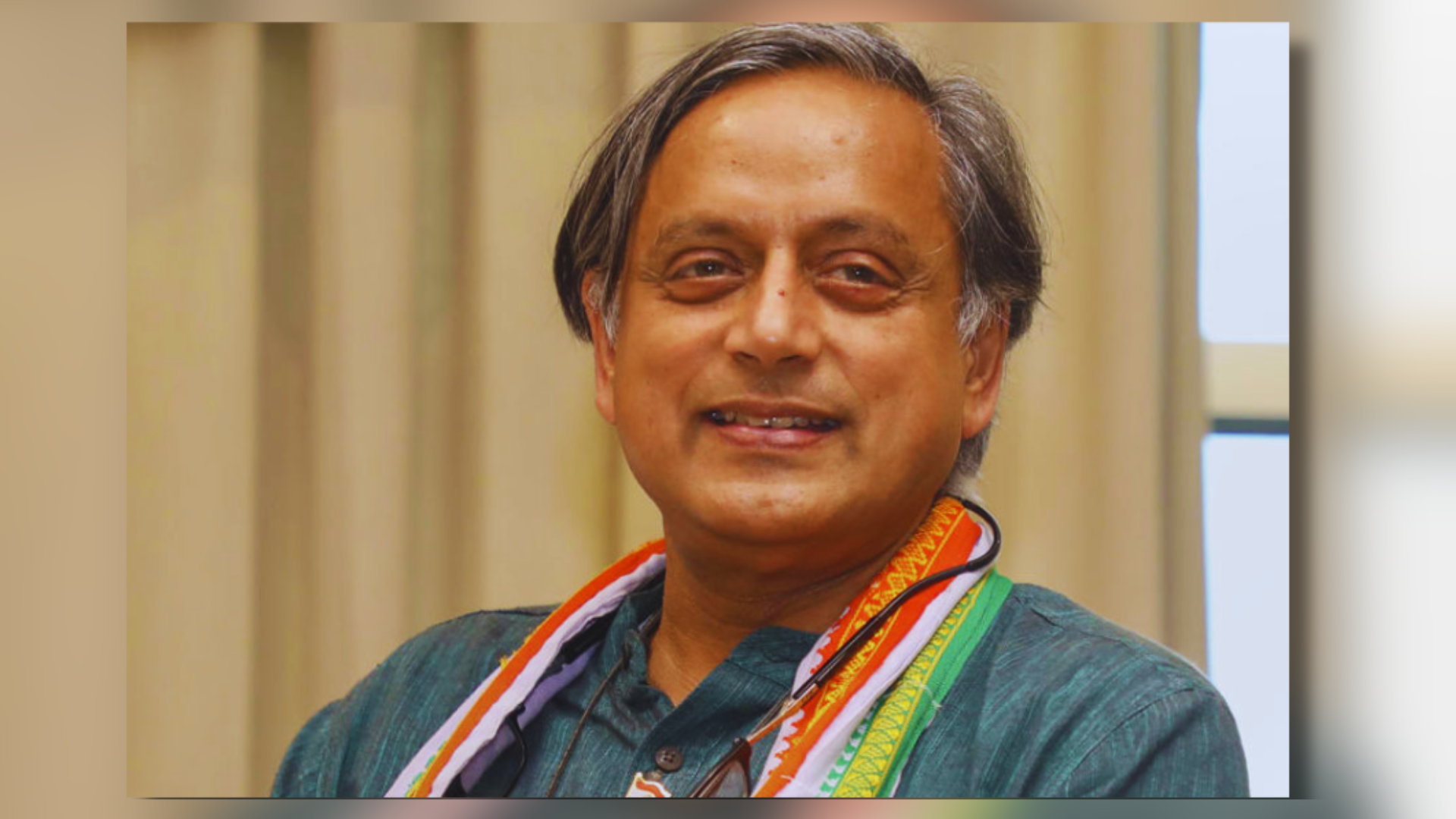


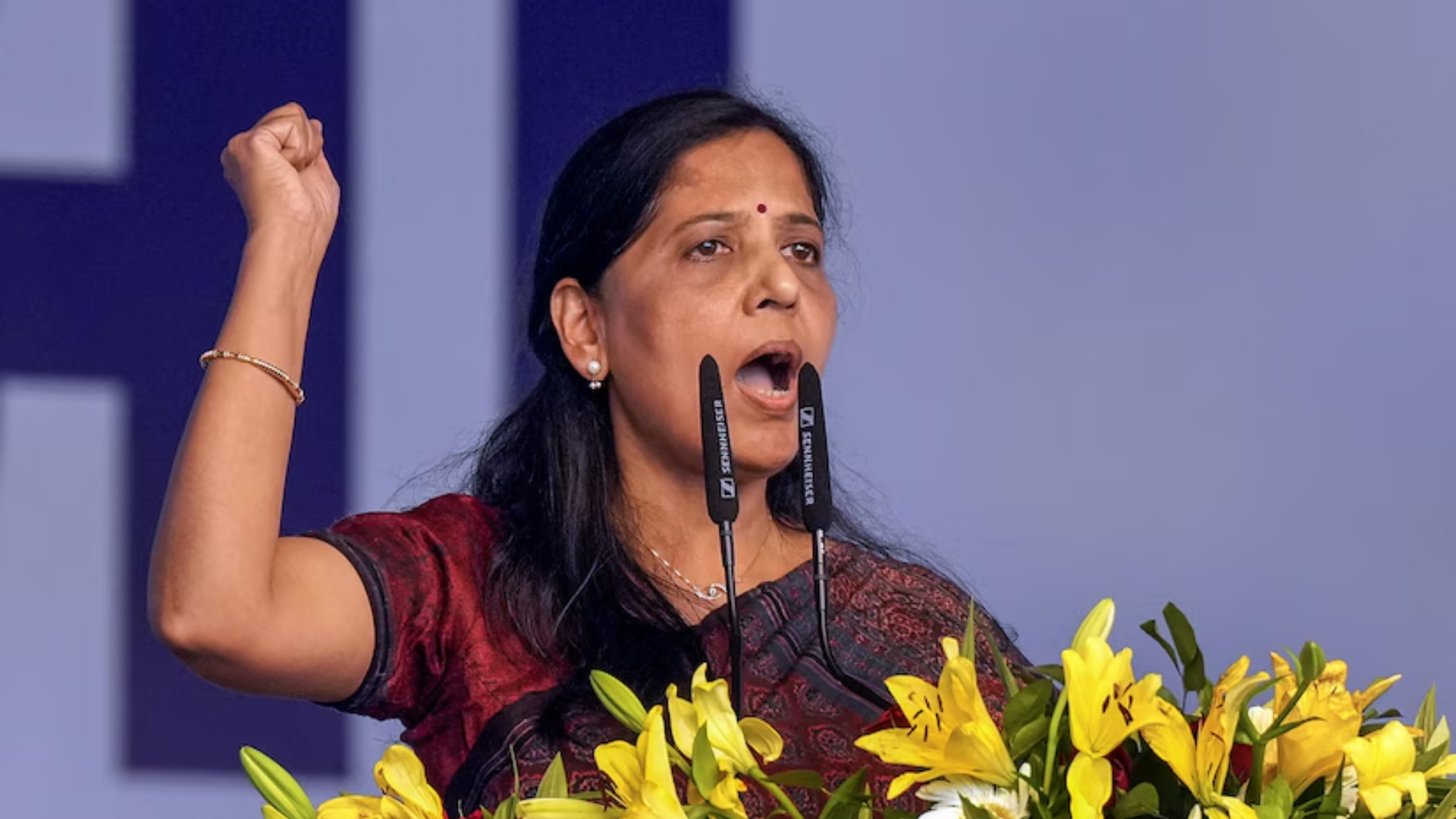

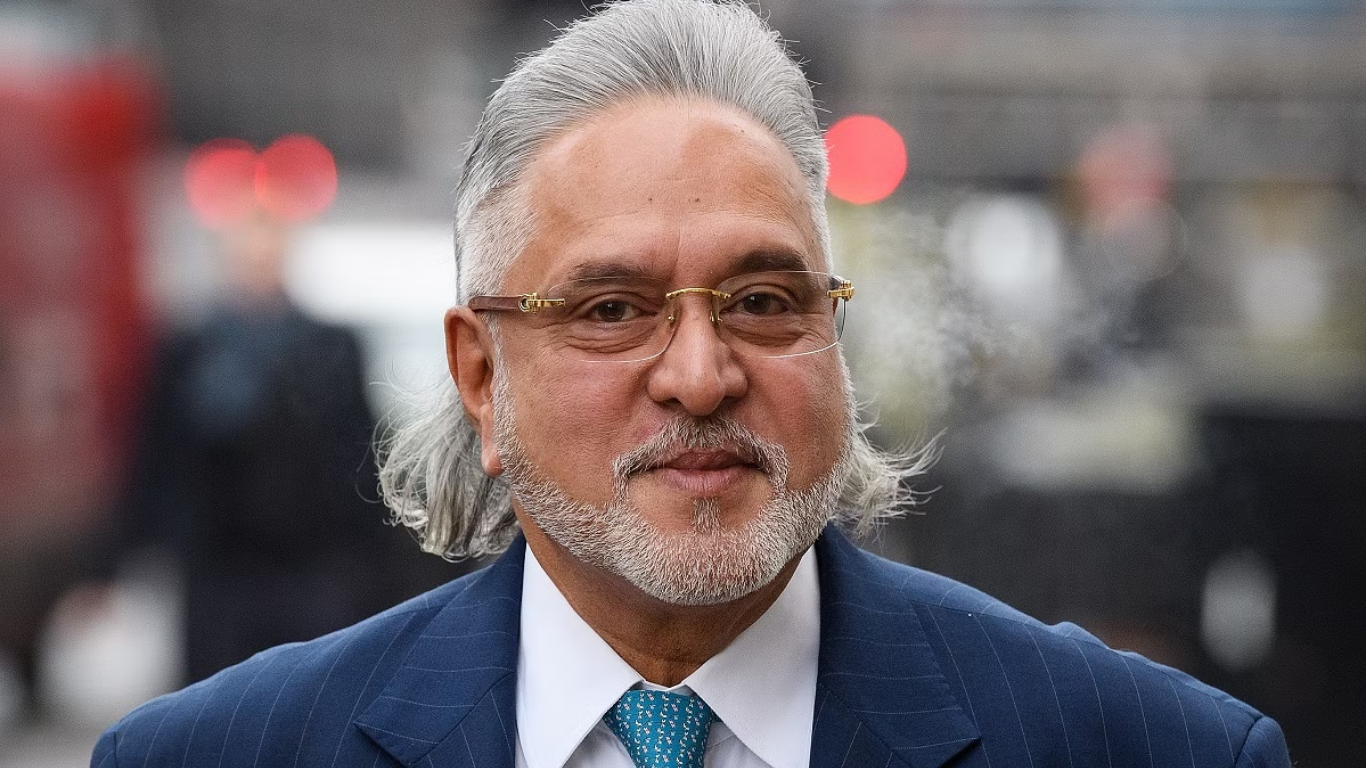

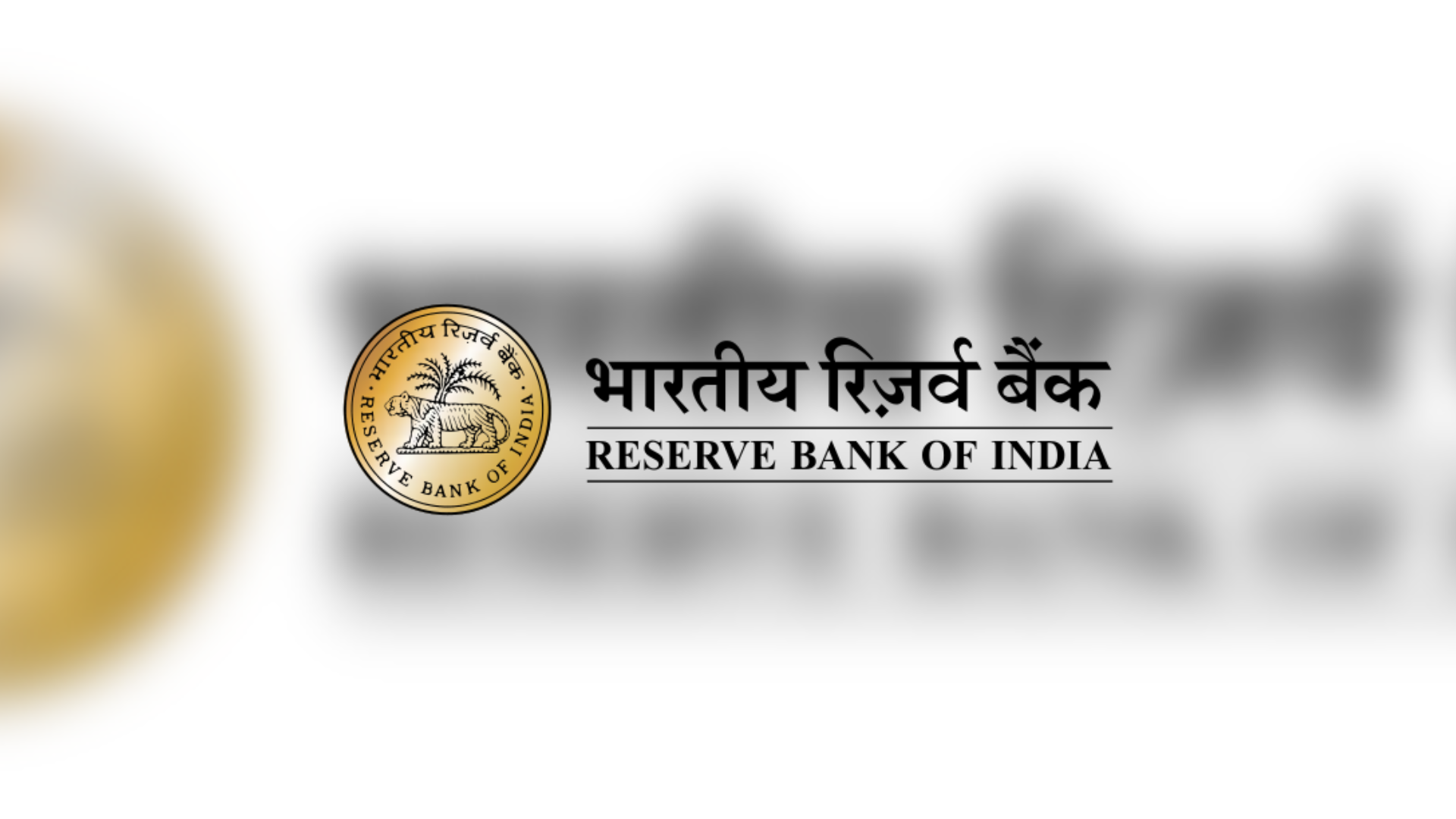
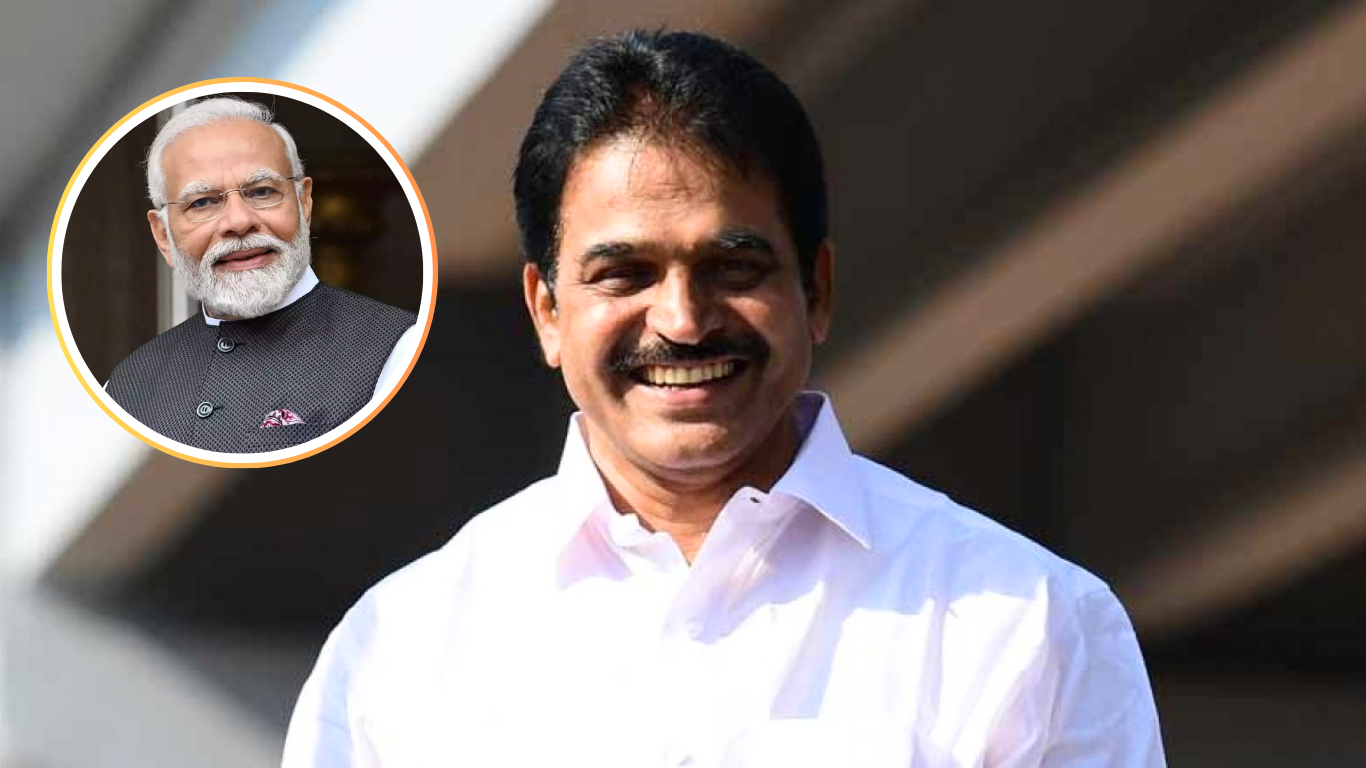
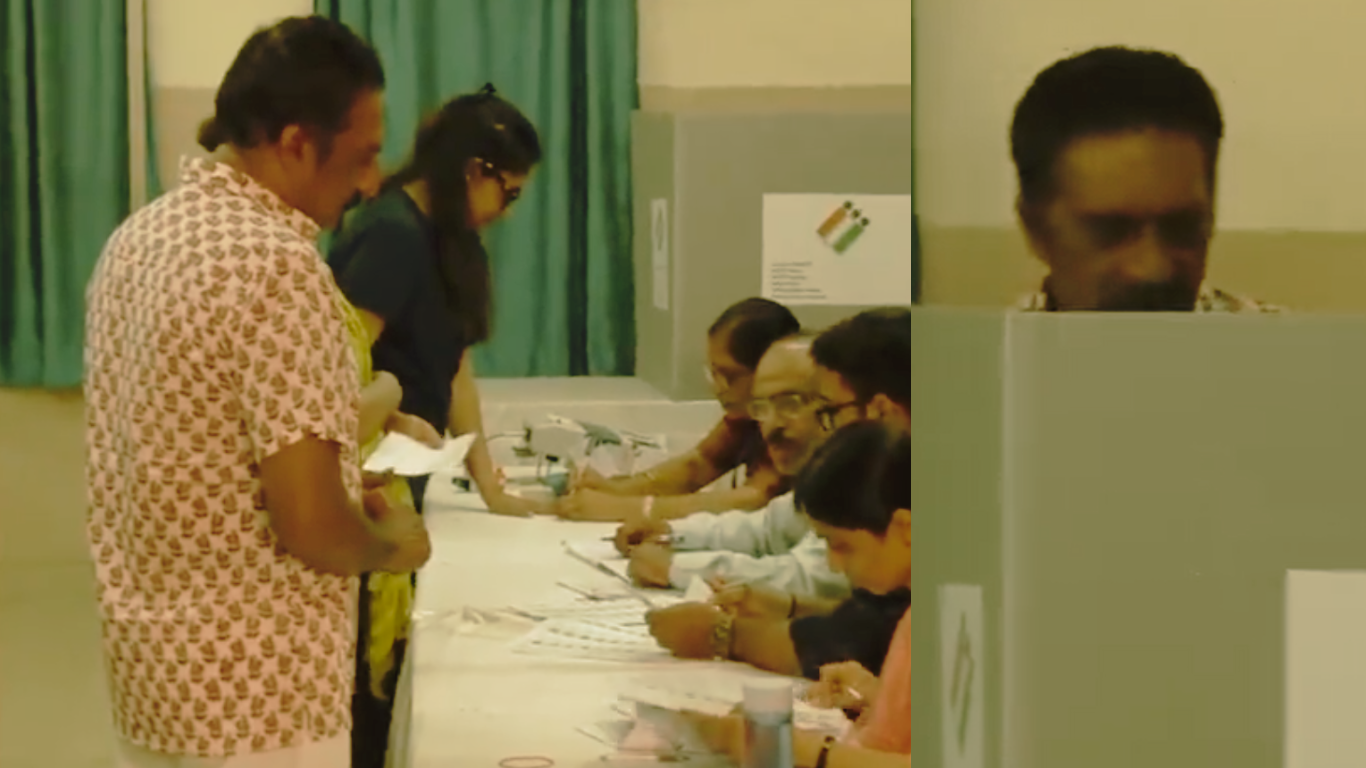

National Medical Commission (NMC), India’s medical regulating agency, said on Friday that conversion therapy, an unlawful technique LGBT individuals are subjected to in order to “heal” them, has been deemed professional misconduct.
NMC informed the Madras High Court during a hearing on Friday that it has complied with the court’s ruling of July 8 and prohibited the practise in accordance with the Indian Medical Council (Professional Conduct, Etiquette and Ethics) Regulations, 2002.
The NMC informed the court that on August 25, it had sent a notification to state medical councils.
The improvement in the LGBTQIA+ community’s life followed a number of Madras High Court directives.
A bench led by Justice N. Anand Venkatesh directed the NMC to designate conversion therapy as professional misconduct in its ruling dated July 8 in order to guarantee that medical professionals who undertake such operations are held accountable.
The directive was consistent with the high court’s earlier requests that the commission assures that conversion treatment will be treated uniformly by the state medical councils.
The policy has been praised by experts who claim it would help end misconduct.
Court’s Verdict
An individual’s sexual orientation, gender identity, or gender expression may be changed through conversion therapy. The method, which is also known as reparative therapy, can include prayer, talking therapies, and even severe acts like an exorcism, physical abuse, and starvation. In an effort to “cure” someone by changing their sexual orientation or gender identity, these techniques are employed to try to block or repress that person’s sexual or gender identity.
The Tamil Nadu government was given 12 weeks by the Madras High Court on Friday to announce the Transgender Persons (Protection of Rights) Rules after the administration informed the court that the Act was nearing completion.
The state government received a reprimand from the court for taking too long to implement the programme.
The court stated, “It is puzzling why six months are being sought to implement the Transgender Policy and the provisions contained in the 2019 Act. This process has been continuing for more than a year.”
The state government’s plea for six months to finalise the policy was also denied by the high court, which said that it demonstrated a lack of attention to the problem.
The dictionary of the terminology used to address the LGBTQIA+ community was published in the Official Gazette, Additional Advocate General (AAG) S. Silambanan informed the court, and the phrases will be utilised to address the gay community.
Read more: Nitish on political tourism in Delhi: Former Bihar Dy CM Sushil Modi


